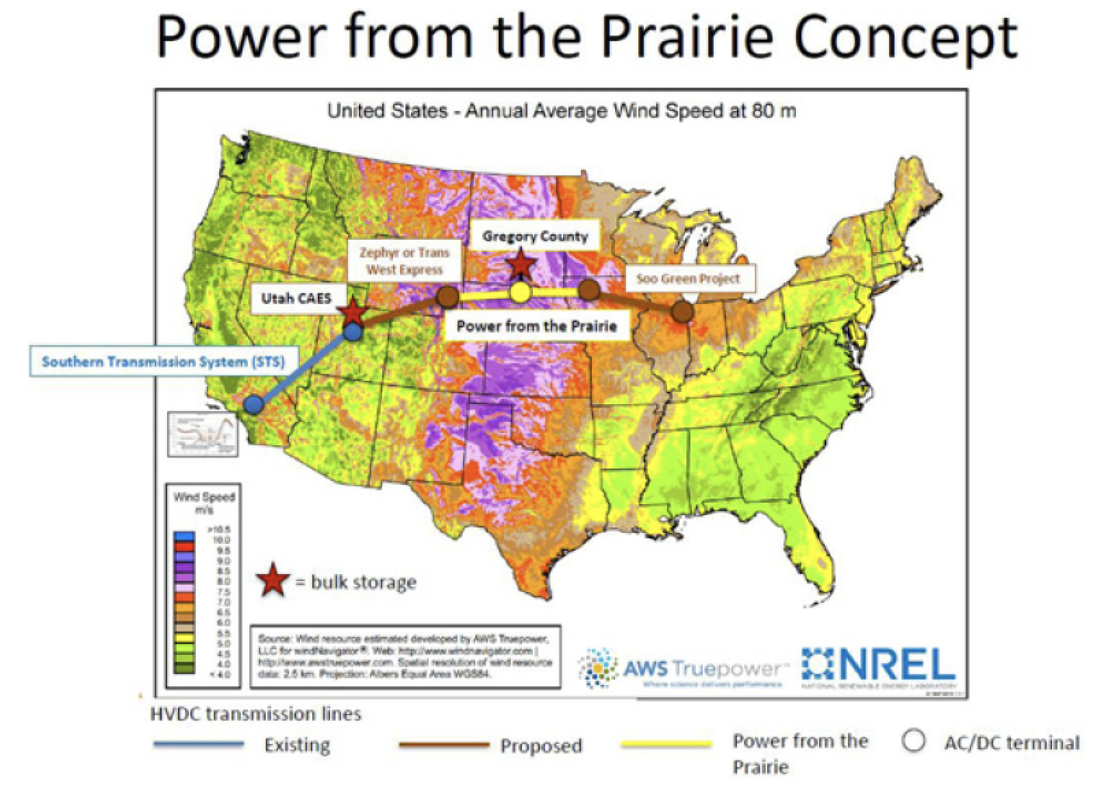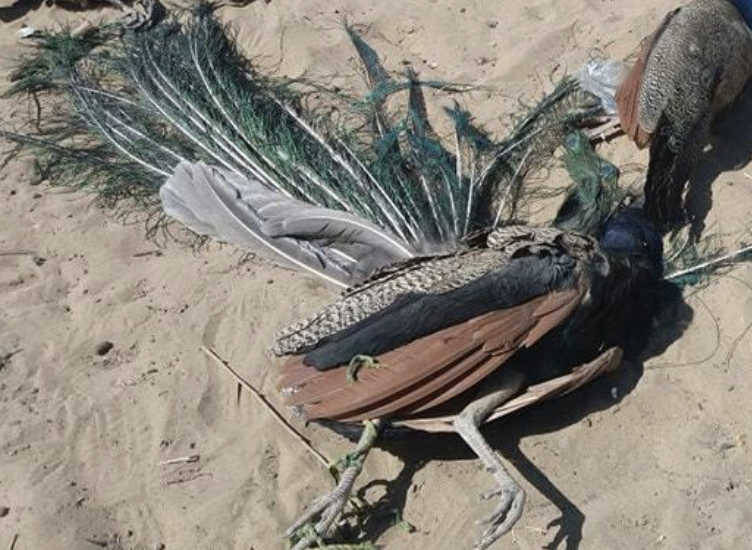FERC's recent NOPR on transmission incentives has a comment deadline of July 1. That's right, more than 2 months away (and we've all recently learned that 2 months can seem like a really, really, really, really long time). I was a bit surprised to see the first comment filed on the NOPR yesterday. But then I read it... and now I just can't stop laughing! Sometimes the blogs just about write themselves...
The comment was filed by something called Schulte Associates LLC. We'll just call them Schulte Ass. for short, because some things are just better abbreviated, as you'll shortly see. Schulte Ass. says it has a website here: www.schulteassocaites.com What's an assocaite? Who spells the name of their own company wrong and misdirects people to a dead weblink? Must be an Ass-o-caite.
It seems Schulte Ass. thought this was an opportune moment to make comment on the NOPR because an article written by the principals had just been published online. Quick, to the FERC filing portal before someone else submits your article for FERC's consideration! Relax, fellas, I'm pretty sure that won't happen (but feel free to refer back to the first paragraph of this blog to find out what happens to early birds at FERC).
Okay... so Schulte Ass. just wanted to clap its industrious little hands in congratulation to FERC on its NOPR for "recognizing that current approaches need to change in order to realize the significant, indeed massive, additional transmission development necessary
to accomplish public policy goals including but not limited to large increases in renewable energy supplies..." Huh? Was Schulte Ass. reading the same NOPR I read? I'm thinking maybe they got an alternative version, because their article (so conveniently attached for FERC's reading pleasure) says: "The idea is to offer additional incremental allowed return on equity for investments in qualifying transmission projects that meet certain criteria including fulfilling public policy goals (Example: enhancing renewable energy development)..." I'm pretty sure that wasn't the idea. Take a look around, Schulte Ass., these commissioners don't look like they want to enhance renewable energy development. Or did Schulte Ass. think that if it put the suggestion into the Commissioners' empty little heads that they'd adopt it as their own idea, sort of like Tom Sawyer getting his fence painted? Tom Sawyer was a fictional character. Unfortunately, Schulte Ass. is real.
And what's this about the NOPR being part of the answer to the challenges of developing "needed" transmission? Your submitted article concludes: "Some form of non-utility entity that is not bound by individual utility service territories and purely state-based regulatory considerations, and has a global scope and vision, is necessary to provide leadership. Such an entity would not be FERC."
So how would FERC's NOPR fix this problem? Is this really about fixing a problem?
Schulte Ass. talks about its "Power from the Prairie" project in its article. Schulte Ass. abbreviates its project as "PftP". Is that pronounced like this?
Power from the Prairie (PftP)
It would consist of a nominal 4000 MW HVDC line starting from the wind energy fields of Southeastern Wyoming, crossing either South Dakota or Nebraska to the wind energy fields of Northwest Iowa When interconnected with other proposed high capacity HVDC lines from Wyoming to California (e.g., the Anschutz
“TransWest Express” or Duke-ATC “Zephyr” lines as well as an existing HVDC line currently associated with the coal-fired Intermountain Power Plant in Utah scheduled to be retired in 2025 and connected to the Los Angeles Department of Water & Power (LADWP) and California Independent System Operator (CAISO) systems), and the proposed Soo Green HVDC line from Northwest Iowa to Chicago and the PJM Interconnection (“PJM”), it would enable a bi-directional renewable
energy superhighway connection between Southern California and Chicago/PJM.
Schulte Ass. came up with its own idea of how to make its plan work by studying other transmission projects "...proposed by non-utility, independent transmission companies." You mean merchant transmission developers, such as Clean Line Energy Partners, right? Schulte Ass. observed that these companies:
1 They often have an excellent financial background.
2 They are good at promoting.
3 They are good at securing right-of-way.
4 However, they are as-yet generally unable to secure utility off-takers for their project. After all, they need the commitment of eventual customers to make their projects financeable.
And, of course, Clean Line was infamous for not being able to find any customers. But Schulte Ass. thought they had that problem solved. "...the authors first sought to secure utilities’ interest and participation as
potential off-takers of the transmission developments..."
Turns out they were wrong. It didn't work. States didn't get on board, and utilities were afraid to participate because they didn't think they could get cost recovery for interregional transmission.
There's a couple of big pieces missing out of Schulte Ass.'s puzzle. States are parochial by their very nature, and they, alone, have jurisdiction to site and permit new transmission. If there's no benefit to the state, new transmission isn't happening. And about that cost recovery thing... rates may be FERC jurisdictional, but the project itself is state jurisdictional. Say one of those nervous utilities wanted to recover its cost of an interregional transmission line to serve other states in its rates... the state could not stop them from doing so. However, the state could prevent the utility from building the transmission project by refusing to permit it in the first place. No transmission line, no costs! It's like magic!
PftP seems to still be going nowhere. Never fear though, Schulte Ass has some new ideas to get PftP off the ground.
Some form of non-utility entity that is not bound by individual utility service territories and purely state-based regulatory considerations, and has a global scope and vision, is necessary to provide leadership.
And who might such an entity be?
• The federal government would have the appropriate multi-region scope and hopefully broad national energy policy purview. However, as recent experience with DOE and the Seam Study would attest, this is not a likely outcome. In fact, the federal government has not led such development since the Colorado River Storage Project which began over 60 years ago.
• The federal government could encourage such development as part of a nationwide infrastructure program as an economic stimulus package. Not only would such projects support clean energy development
and lower consumer costs, they represent thousands of well-paid jobs.
• One or more states (several states in coordination would be best), acting in their own self-interest as coalitions in their efforts to achieve high levels of carbon-free energy. For example, we are already seeing such governor-led, multi-state coalitions forming to
plan processes for transitioning out of current coronavirus social distancing orders.
• An independent project developer with a profit motive. With IOUs apparently discouraged for prospects of state retail cost recovery for such interregional projects, and public power utilities without a profit motive, it is this group that may be productively encouraged by the FERC NOPR.
- The federal government has no authority to site or permit new transmission.
- Why would the federal government want to pay for (and own) new transmission? Last time I checked the fed was trying to sell the transmission it already owns (or thinks it does). That transmission was paid for by the ratepayers who use it. That's how we pay for transmission. I mean, Schulte Ass. can't be suggesting that the federal government pay to build new transmission and then give ownership of it to private entities, could they?
- States don't "act in coalitions" to promote their own self-interests. A multi-state coalition is all about surrendering your own self interests in the interest of the whole. And you might as well try to herd cats. Any states whose citizens would benefit from new transmission to import renewables are not the same states that the transmission line would "fly over" to get there. Those states would have to site and permit the project, and they're getting bupkis. This has been a problem and will continue to be one. The comparison to coronavirus is a bit perplexing. States are only working together because the virus isn't flying over any states, like transmission does.
- An independent project developer with a profit motive. You mean a merchant transmission developer, right? Wow, deja vu... we're back where we began! Didn't you already say merchants were failures? Merchant transmission developers are not eligible for transmission incentives. They don't have captive customers from whom to recover the incentive rates. Merchant transmission is sold using negotiated rates, and FERC does not set those rates. They are negotiated with the customer. FERC cannot grant incentives to a merchant transmission developer. There is no one to pay the incentives.


 RSS Feed
RSS Feed